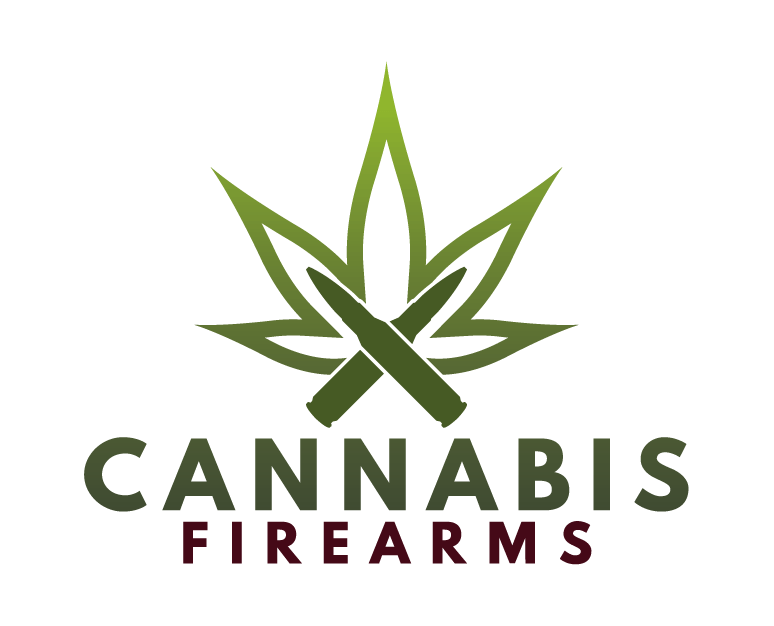When state and federal law collide, everyday citizens often find themselves caught in the crossfire. Few examples highlight this better than the term “unlawful user” under U.S. federal law. Found within Title 18, Section 922(g)(3) of the United States Code, the phrase prohibits anyone who is an “unlawful user of or addicted to any controlled substance” from possessing firearms. While that may sound straightforward, the problem lies in the details—or rather, the lack of them.
The Controlled Substances Act (CSA) still classifies cannabis as a Schedule I drug, meaning that regardless of what state law permits, cannabis users are still technically “unlawful” under federal law. This creates a paradox for millions of Americans who use cannabis legally for medical or recreational purposes. They follow state law to the letter, but federal definitions leave them vulnerable to criminal liability or loss of rights.
Undefined Term
The term “unlawful user” lacks a precise definition in federal statutes. Courts and agencies such as the Bureau of Alcohol, Tobacco, Firearms and Explosives (ATF) have attempted to interpret it, but inconsistently. For instance, the ATF’s 2011 Open Letter to Federal Firearms Licensees instructed dealers to deny firearm purchases to anyone known to use marijuana—even in states where it’s legal. The logic? Marijuana remains a controlled substance under federal law, and therefore anyone using it is an “unlawful user.”
However, federal courts have varied in how they apply this definition. Some rulings have required a pattern of use close in time to firearm possession to justify disqualification, while others have ruled that any recent or ongoing use qualifies. This ambiguity makes enforcement subjective, hinging on how “current” or “frequent” the use is deemed to be.
Consumer Impact
For lawful state consumers, this uncertainty has tangible consequences. Individuals applying for firearm permits or completing ATF Form 4473 must answer whether they are “an unlawful user of, or addicted to, marijuana.” A “yes” response leads to immediate disqualification, while a “no” can expose the applicant to federal prosecution if they are later found to use cannabis. In other words, honesty can cost rights, and dishonesty can lead to criminal charges.
Medical patients—those legally recommended cannabis for chronic pain, PTSD, or other conditions—face the same dilemma. Despite acting within state law and under medical supervision, they risk being labeled as unlawful users. The lack of clarity doesn’t just chill firearm ownership; it also reinforces stigma and forces consumers to choose between health and constitutional rights.
Rescheduling Hope
Federal agencies have recently hinted at rescheduling cannabis to Schedule III, a move that could loosen restrictions for medical use. However, the question remains: would such a change redefine the “unlawful user” standard? Historically, Schedule III substances like anabolic steroids or ketamine haven’t triggered firearm bans for prescribed users. If cannabis were similarly reclassified, the prohibition might weaken—but without legislative reform or explicit guidance from the Department of Justice, ambiguity would persist.
Legal Alignment Needed
The core issue isn’t cannabis alone—it’s the outdated disconnect between federal law and modern state policy. Until Congress amends the Gun Control Act or revises the Controlled Substances Act to reflect contemporary legality, the “unlawful user” phrase will remain a trapdoor of confusion.
Millions of Americans live in states where cannabis is legal and regulated, yet their federal rights remain uncertain. The term “unlawful user” exemplifies how vague legal language can produce real-world inequity. For now, lawful state consumers must navigate a landscape where compliance with one system can mean violation of another—proof that the law, when left unclear, often fails the very citizens it’s meant to protect.

